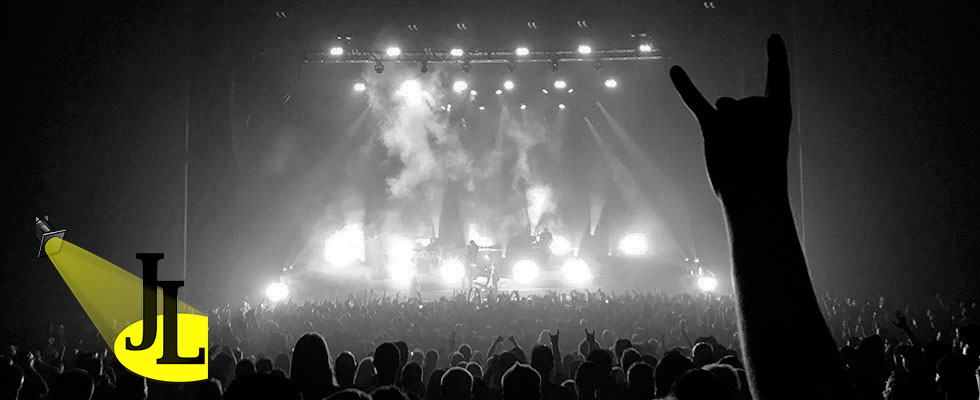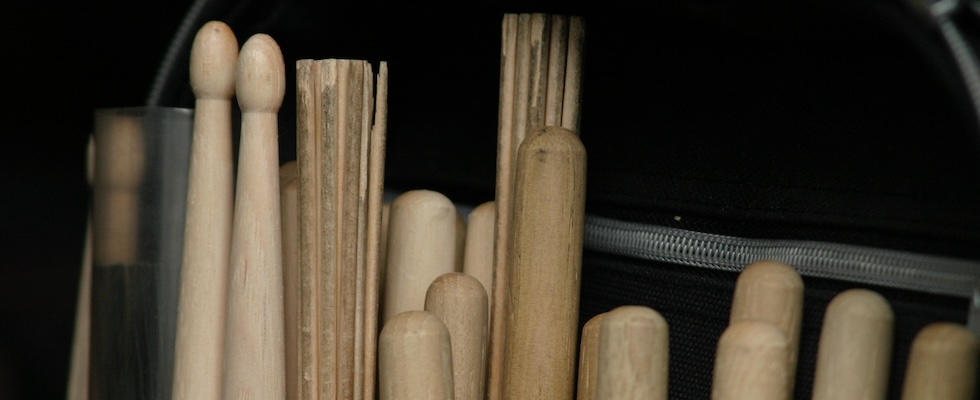
Musicians and entertainers are a unique breed of individuals… an enigma if you will? Many times, that outgoing personality we see on-stage is not the same person behind it. In fact, from my experience, I find that most entertainers are more introverted than extroverted. They are reserved and highly emotional individuals partly because the product they present is based on emotional attachment.
This is why it is imperative that managers, stagehands, venue representatives, marketing personnel, etc. respect the pre-performance time of the artist. I am speaking about the hour directly before they hit the stage. During this time, that introvert is preparing to “come out of their shell,” and for your venue to succeed. You want them to complete that transition. Over the years, I have seen personnel mismanage acts large and small at this point because they do not understand this aspect of the entertainer psyche. I have watched security give them hard times as they approached the stage about their credentials (even with me leading them). Managers argue with musicians about bar tabs before they hit the lights and tech’s fight with DJs about their set-up minutes before showtime. In all of these situations, the show suffered. Why? Because, in each instance, these events did not allow the artist to get out of their introverted state – a state you do NOT want them to be in when they are entertaining your audience.
I understand that any event is made up of numerous personnel with various personalities, job demands, and views of their position within the concert eco-system. Regardless, in the end. The show is ALL about appeasing the audience and the person they are most connected to at that point is the entertainer. They are the direct link between your success and the audience and for the next forty, sixty, or ninety plus minutes the most important person on the property. Here are some pieces of advice to help you set them (and your venue) up for success.
Give them their space. Make sure the act has a spot where they can “get away” if they need to. It doesn’t need to be a green room. A small corner of the lounge or section of the patio will work. Many times, you will see artists “hide-out” behind the stage. This is usually a sign to leave them alone.
Hold off on your reprimands. Was the artist late? Did they not dress properly? Did they load-in through the wrong door? Did their last show bomb? NOW is NOT the time to address this with them. You will have plenty of time to discuss these items later on. If you want a great show, you can’t send them on stage worried or thinking about how they already failed. Give them feedback after the show, or better yet. The next day.
Make them feel tech-secured. Make sure your technicians touch base with the artist and ask them if they have any questions, comments, or concerns about a 1/2 hour before showtime. Then, actively listen to their demands. NOW is NOT the time to fight with them about mic placement or to start a rift regarding in-ear monitors. Rather, NOW is the time to make them feel like you have their back for the next 45-plus minutes.
Treat them like rock stars. Even if you hate their music or dislike the entertainer as a person because he stole your girlfriend. Smile and tell them to have a great show as they head towards the stage. If you have a history of their performance. Tell them about something they did at the last show that you thoroughly enjoyed. Just don’t tell them your mom or grandma likes their music and don’t oversell your enthusiasm.
Remember the Berklee Recording Rule. While studying briefly at Berklee College of Music, I spent many hours in recording sessions with my roommate who was in the final year of the program. I heard variations of the following phrase.
“It is your job to support the artist and stay out of their way.”
I learned that this meant that you supported the artist’s physical and mental space above all else. You rolled with every punch. You didn’t force the drummer to move his snare for better mic placement. You worked around it. If the pianist runs all of his keys through the same amp, you find a way to work within his set-up and don’t force him to change it. If the singer feels comfortable in the dark with candles – you shut the lights off, even if you can’t see a damn thing.
What Berklee’s recording and engineering lesson teaches us is that ultimately, your goal is to send an artist on stage feeling confident, respected, and in-demand. This will help pull them out of their introverted headspace, let their artistry shine, and focus on connecting with their fans. The end result is a better show with a greater opportunity for success.









